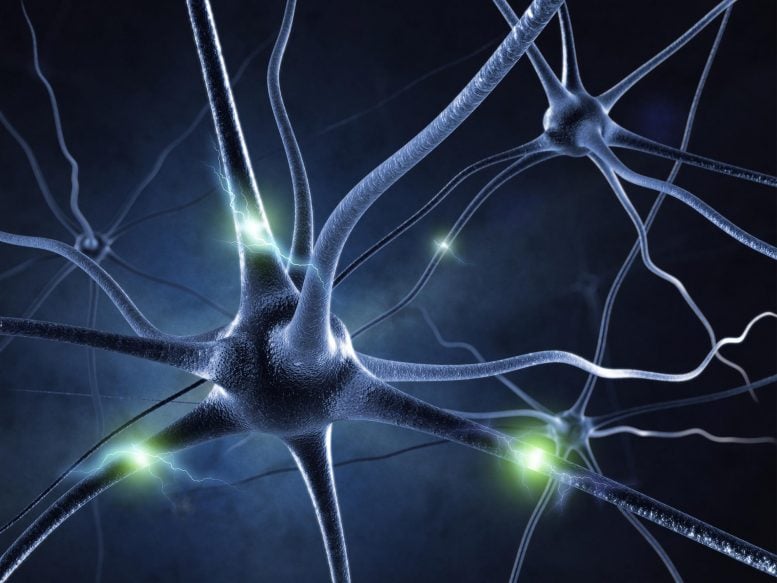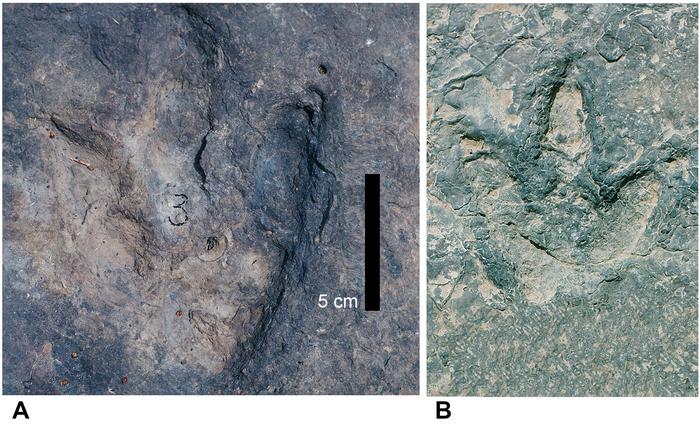
Los investigadores han descubierto que potenciar la neurogénesis restaura la memoria en ratones con enfermedad de Alzheimer.
Los científicos descubrieron que el aumento de la producción de nuevas neuronas en ratones con[{» attribute=»»>Alzheimer’s disease (AD) rescues the animals’ memory defects. The study shows that new neurons can incorporate into the neural circuits that store memories and restore their normal function. This suggests that boosting neuron production could be a viable strategy to treat AD patients. The study, which was published on August 19 in the Journal of Experimental Medicine (JEM), was done by researchers at the University of Illinois Chicago.
New neurons are created from neural stem cells via a process known as neurogenesis. Previous studies have shown that neurogenesis is impaired in both AD patients and laboratory mice carrying genetic mutations linked to AD. This impairment is especially serious in a region of the brain called the hippocampus, which is crucial for memory acquisition and retrieval.
“However, the role of newly formed neurons in memory formation, and whether defects in neurogenesis contribute to the cognitive impairments associated with AD, is unclear,” says Professor Orly Lazarov of the Department of Anatomy and Cell Biology at the University of Illinois Chicago College of Medicine.

The new study shows that boosting neurogenesis increases the number of newly formed neurons involved in storing and retrieving memories (arrows) in the hippocampus of mice with AD. Credit: © 2022 Mishra et al. Originally published in Journal of Experimental Medicine. https://doi.org/10.1084/jem.20220391
In the new JEM study, Lazarov and his colleagues boosted neurogenesis in AD mice by genetically enhancing the survival of neuronal stem cells. The scientists deleted the gene Bax, which plays a major role in neuronal stem cell death, ultimately leading to the maturation of more new neurons. Increasing the production of new neurons in this manner restored the animals’ cognitive performance, as demonstrated in two different tests measuring spatial recognition and contextual memory.
By fluorescently labeling neurons activated during memory acquisition and retrieval, the scientists discovered that, in the brains of healthy mice, the neural circuits involved in storing memories include many newly formed neurons alongside older, more mature neurons. These memory-storing circuits contain fewer new neurons in AD mice, but the integration of newly formed neurons was restored when neurogenesis was increased.
Further analyses of the neurons forming the memory-storing circuits revealed that boosting neurogenesis also increases the number of dendritic spines. These are structures in synapses known to be critical for memory formation. Plus, boosting neurogenesis also restores a normal pattern of neuronal gene expression.
Lazarov and colleagues confirmed the importance of newly formed neurons for memory formation by specifically inactivating them in the brains of AD mice. This reversed the benefits of boosting neurogenesis, preventing any improvement in the animals’ memory.
“Our study is the first to show that impairments in hippocampal neurogenesis play a role in the memory deficits associated with AD by decreasing the availability of immature neurons for memory formation,” Lazarov says. “Taken together, our results suggest that augmenting neurogenesis may be of therapeutic value in AD patients.”
Reference: ” Augmenting neurogenesis rescues memory impairments in Alzheimer’s disease by restoring the memory-storing neurons” by Rachana Mishra, Trongha Phan, Pavan Kumar, Zachery Morrissey, Muskan Gupta, Carolyn Hollands, Aashutosh Shetti, Kyra Lauren Lopez, Mark Maienschein-Cline, Hoonkyo Suh, Rene Hen and Orly Lazarov, 19 August 2022, Journal of Experimental Medicine.
DOI: 10.1084/jem.20220391

«Erudito en viajes incurable. Pensador. Nerd zombi certificado. Pionero de la televisión extrema. Explorador general. Webaholic».







